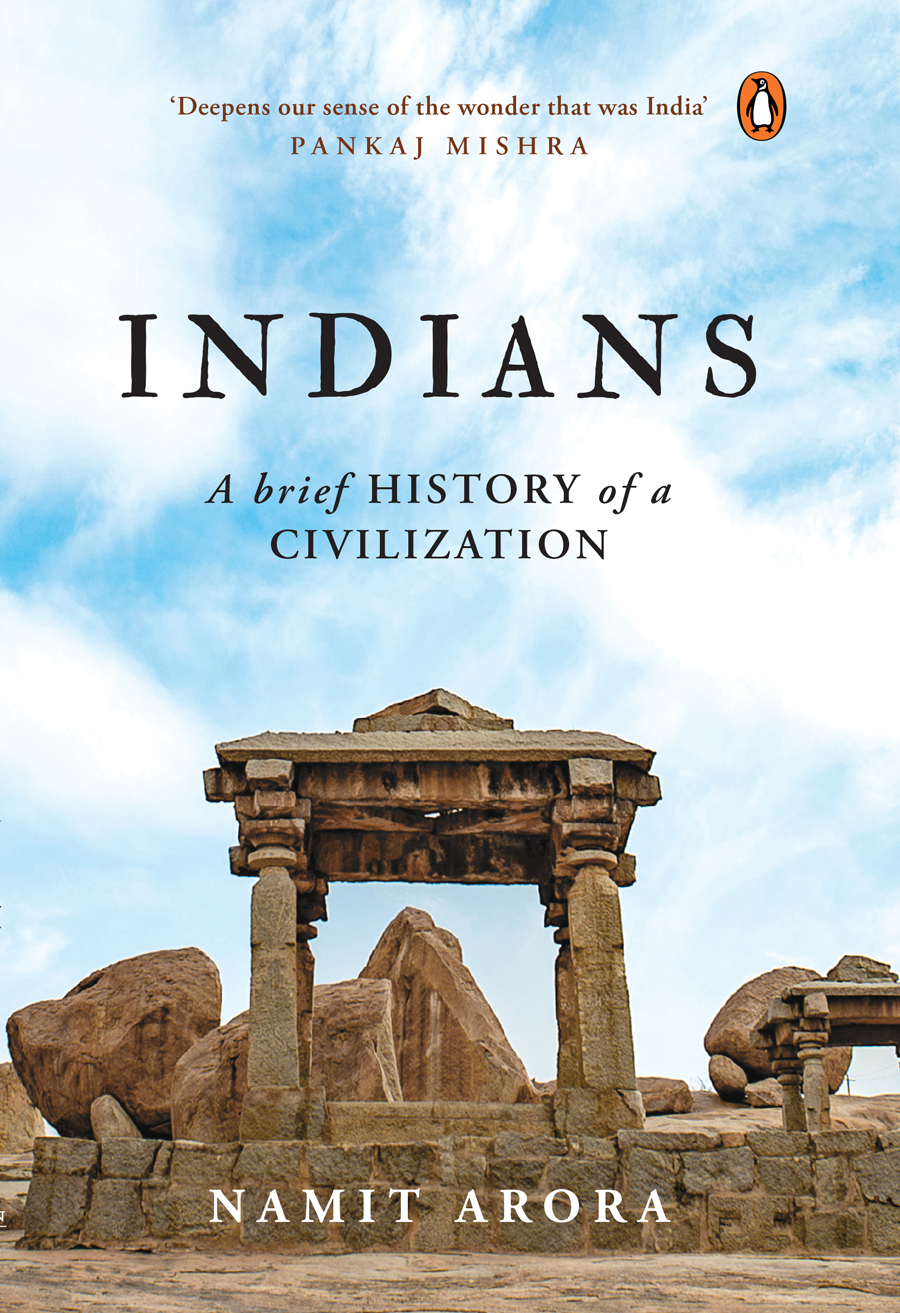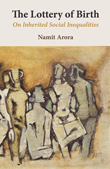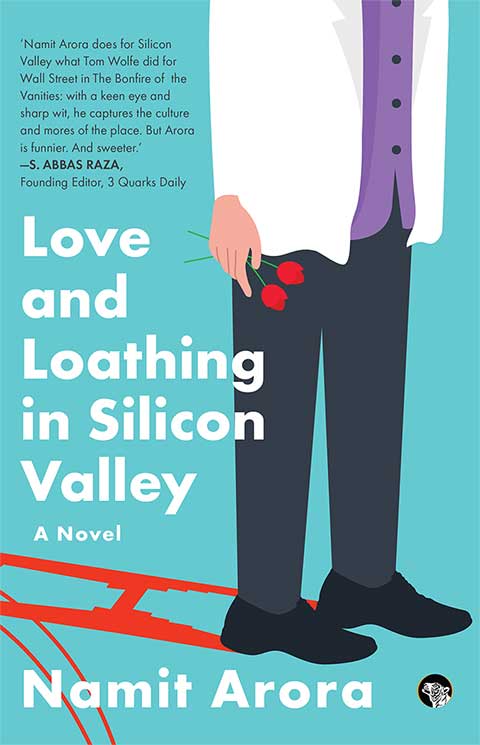| Index of articles from the Blog |
| Animals |
| Anthropology & Archaeology |
| Art & Cinema |
| Biography |
| Books & Authors |
| Culture |
| Economics |
| Environment |
| Fiction & Poetry |
| History |
| Humor |
| Justice |
| Philosophy |
| Photography |
| Politics |
| Religion |
| Science |
| Travel |
Books by
Books by
|
By Namit Arora | Nov 2006 | Comments
|
Some fears about globalization, Sen says, make it sound like an animal-analogous to the big shark in Jaws-that gobbles up unsuspecting innocents in a dark and mysterious way ... Globalization is neither new, nor in general a folly. Through persistent movement of goods, people, techniques and ideas, it has shaped the history of the world. India has been an integral part of the world in the most interactive sense. The forces of ideological separatism may be strong in India at present, as they are elsewhere, but they militate not just against the global history of the world, but also against India's own heritage. He warns us against the temptation to see globalization as a "one-sided movement that simply reflects an asymmetry of power which needs to be resisted." Throughout history, "different regions of the world have [benefited] from progress and development occurring in other regions." He points out that a millennium ago this movement occurred in the reverse direction-with "paper and printing, the crossbow and gunpowder, the wheelbarrow and the rotary fan, the clock and the iron chain suspension bridge, the kite and the magnetic compass," zero, the decimal system, and advances in mathematics-but he is conspicuously silent about how the unprecedented scale of today's globalization, with its pace and engine of change, instant flights of capital, rapid demographic shifts, and powerful corporations, might differ from that of an earlier age. Sen acknowledges that economic globalization poses risks to the vulnerable and the disadvantaged and his prescriptions appear close to the neo-liberal line: It's inescapable, so let's try to make it more humane and just. Rather than isolating itself or blaming the "shark" of globalization, India should get behind it and, through smart public policies, tackle specific ills that arise from it, as well as invest in education, health care, micro-credit, land reforms, women's education, and infrastructure (like energy, communication, transportation). He favors safety nets and well conceived social welfare programs that do less harm than good (who can disagree, but here Sen betrays no awareness that this old problem is known to ensnare even the best kind of reasoning). He has used part of his Nobel Prize money to fund development research in India and Bangladesh. He has persuasively argued that development should be measured not by GDP but in terms of "real freedoms people can enjoy." But Sen's analysis is not without its flaws. He writes: "Global economic interactions bring general benefits, but they can also create problems for many, because of inadequacies of global arrangements as well as limitations of appropriate domestic policies." If (a big if) these were addressed—Sen seems to suggest—economic globalization should create few problems. This is simplistic at best. Problems can also come from a culture's unpredictable response to it. What novel set of beliefs will it provoke? Will they be broadly liberal, rational, and conducive to economic success? Can we say how the dust will settle? The patient may get worse, or trade one serious illness for another. This recognition, far from turning us against globalization, makes us more realistic about its effects. Factoring in culture, Amy Chua, in her World on Fire, provides sobering examples that contrast with many of Sen's sanguine assumptions about "the crooked timber of humanity". |
Designed in collaboration with Vitalect, Inc. All rights reserved. |
|









